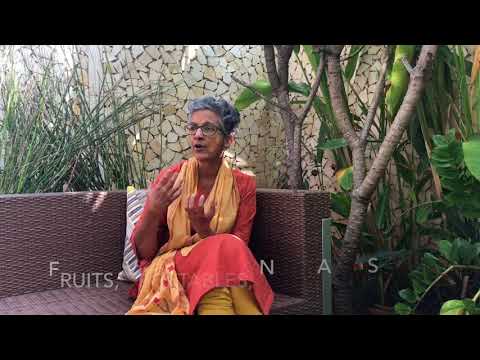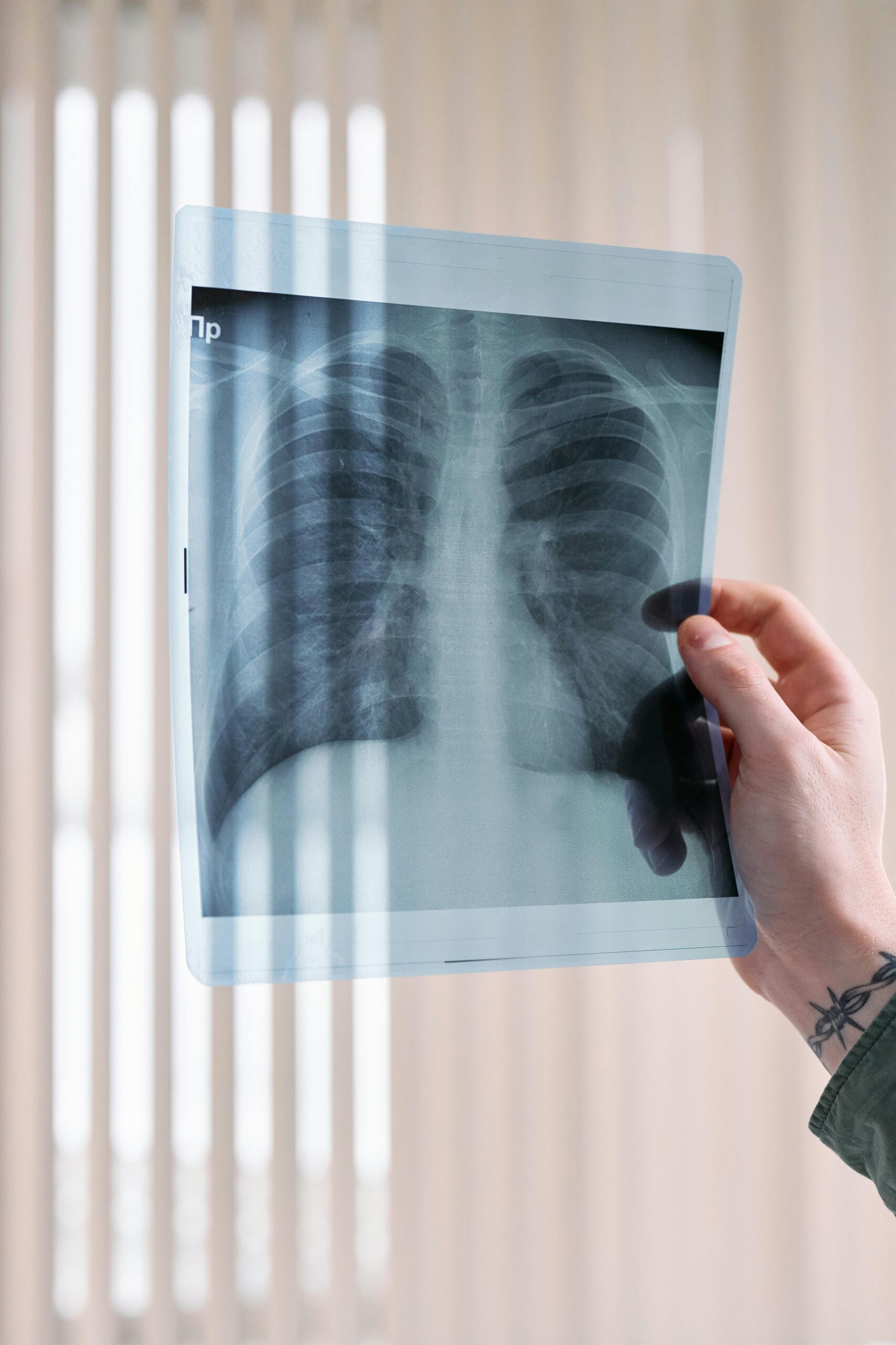Tag: physical activity
-

The Right Way to Eat Veggies for Maximum Nutrition
We all know that eating vegetables is essential for good health. Many of us buy fresh, organic produce and try to incorporate them into our daily meals. But did you know that how you eat your veggies is just as important as how much you eat? The way you prepare and cook them can significantly…
-

Living with Breast Cancer: Natural Ways to Manage Hormone-Related Side Effects
Breast cancer treatment, especially hormone therapy, can cause challenging side effects like hot flashes, fatigue, mood swings, and joint pain. Medications are helpful, but so are natural solutions. Here are a few easy yet efficient strategies to deal with side effects caused by hormones. Eat a Balanced Diet What you eat has a huge impact…
-

The Right Nutrition for Cancer Patients: Healing from Within
When cancer strikes, we often place all our hope in doctors and medicine, forgetting the powerful role nutrition plays in healing. As Dr. Nandita Shah (Nutritionist and Homeopath) explains “The nutrients are the spare parts for healing, but the body always knows how to heal if we give it the right spare parts. Right now,…
-

High Estrogen Levels: Symptoms, Causes, and How to Manage Them Naturally
Balance is key—whether it’s in our diet, emotions, actions, or even our hormones. Insulin, progesterone, and estrogen, are all potent chemical messengers that control mood, weight, metabolism, and reproductive health. Among these, estrogen is essential for women’s health since it affects cholesterol, bone density, menstrual cycles, and heart health. However, too much estrogen (estrogen dominance)…
-

Foods to Avoid for Better Health and Cancer Prevention
Eating nutritious food is essential for a healthy life, but it’s equally important to avoid foods that can harm your body. Certain foods can trigger inflammation, increase cancer risk, and negatively impact overall health. Here are some foods you should limit or avoid: Processed and Grilled Meats Processed meats like bacon, hot dogs, and deli…
-

Understanding Colorectal Cancer
One of the most common cancers in the world, colorectal cancer (CRC) affects the colon or rectum. It usually arises from abnormal growths called precancerous polyps in the colon or rectum’s lining. Awareness is essential since early detection and treatment can increase survival rates. Causes and Risk Factors Symptoms to Watch For Early-stage colorectal cancer…
-

Tools for Lung Cancer Patients: Easing Breathlessness and Anxiety
Respiratory issues such as exhaustion, persistent coughing, and shortness of breath are common in lung cancer patients, and they can cause mental stress and anxiety. A comprehensive strategy that incorporates breath-focused therapy, mindfulness, natural remedies, and a peaceful home environment is needed to manage these symptoms. Common Respiratory Challenges & Emotional Stress Breathlessness (dyspnea) is…
-

Recognizing Signs of Lymphedema After Breast Cancer Surgery and How to Manage It
Surgery for breast cancer that involves the removal of lymph nodes or radiation therapy can interfere with the lymphatic system and result in lymphedema, a chronic illness in which an accumulation of extra fluid causes swelling, generally in the arm or chest. Understanding the signs and proactive management can help maintain comfort and mobility. What…
-

Understanding Chronic Inflammation: Causes, Risks, and Prevention
Have you ever noticed a red, swollen bump after an injury or insect bite? That’s acute inflammation—your body’s natural defense mechanism to heal itself. Similarly, inflammation can occur inside your body as well. This presents differently as symptoms that may seem unrelated. When inflammation persists for months or even years without an apparent cause, it…
-

Alternative Support Strategies for Prostate Cancer: Beyond Standard Treatments
Prostate cancer treatment often includes surgery, radiation, or hormone therapy, each with its own benefits and side effects. While these conventional approaches are effective, many men seek complementary strategies to enhance recovery, manage side effects, and improve overall well-being. Prostate cancer is commonly treated with surgery (prostatectomy), which removes the prostate but can lead to…
